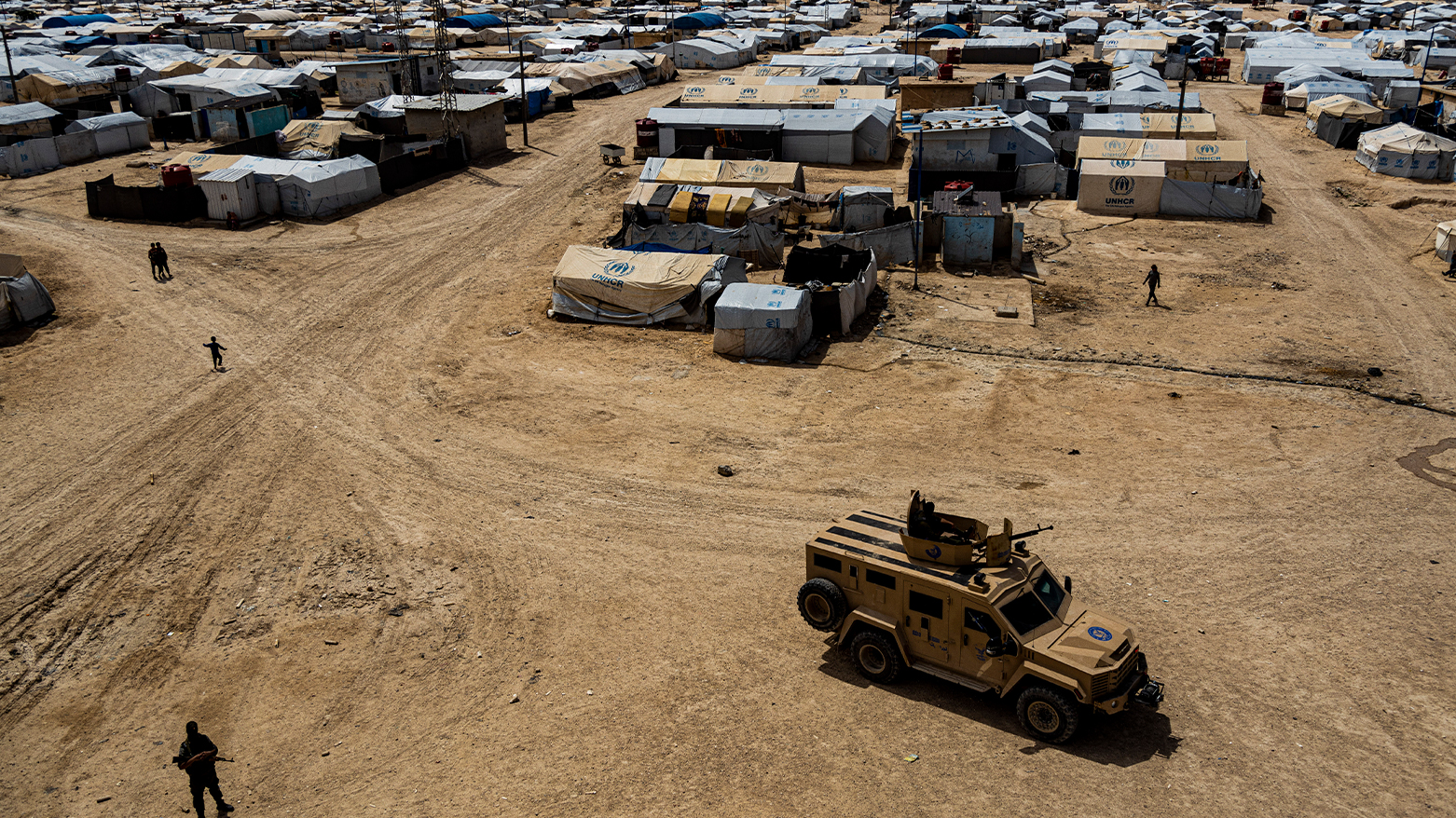KDP official warns of danger in return of ISIS relatives from al-Hol camp to Jeda'ah camp

ERBIL (Kurdistan24) – In a stark warning, Vian Dakhil, spokesperson of the Kurdistan Democratic Party (KDP) faction in the Iraqi parliament, has voiced concerns over the Iraqi government's decision to relocate relatives of ISIS fighters from the al-Hol camp in northeastern Syria (Rojava) to the Jeda'ah camp in Nineveh.
Speaking to Kurdistan24 on Sunday, April 28, 2024, Dakhil emphasized the grave threat this poses to the region's population, particularly the Yazidi Kurds.
"This move feels like reopening old wounds," Dakhil remarked, highlighting the profound impact on the affected communities.
Dakhil called upon both the Iraqi and Kurdistan Regional Governments to prioritize the implementation of the Sinjar agreement, advocating for the withdrawal of foreign forces from the city and the return of refugees to their ancestral homes.
Despite the agreement being in place for several years, she lamented the presence of persistent obstacles hindering its execution.
The reluctance of many countries to repatriate their citizens from the al-Hol camp has exacerbated concerns.
According to Human Rights Watch, only 25 countries have shown willingness to repatriate their citizens, with nations like Kazakhstan, Kosovo, Russia, and Uzbekistan among them.
While the United States has largely evacuated its citizens from the camp, European Union countries have refrained from doing so.
Originally established by the United Nations on the outskirts of al-Hol in 1991 during the Gulf War, the camp has evolved into one of the most densely populated shelters for individuals affected by the Syrian civil war and the conflict with ISIS, particularly housing vulnerable groups such as the disabled, women, and children.
The ongoing challenges surrounding the al-Hol camp underscore the urgent need for international cooperation and concerted efforts to address the complex humanitarian crisis it represents.
